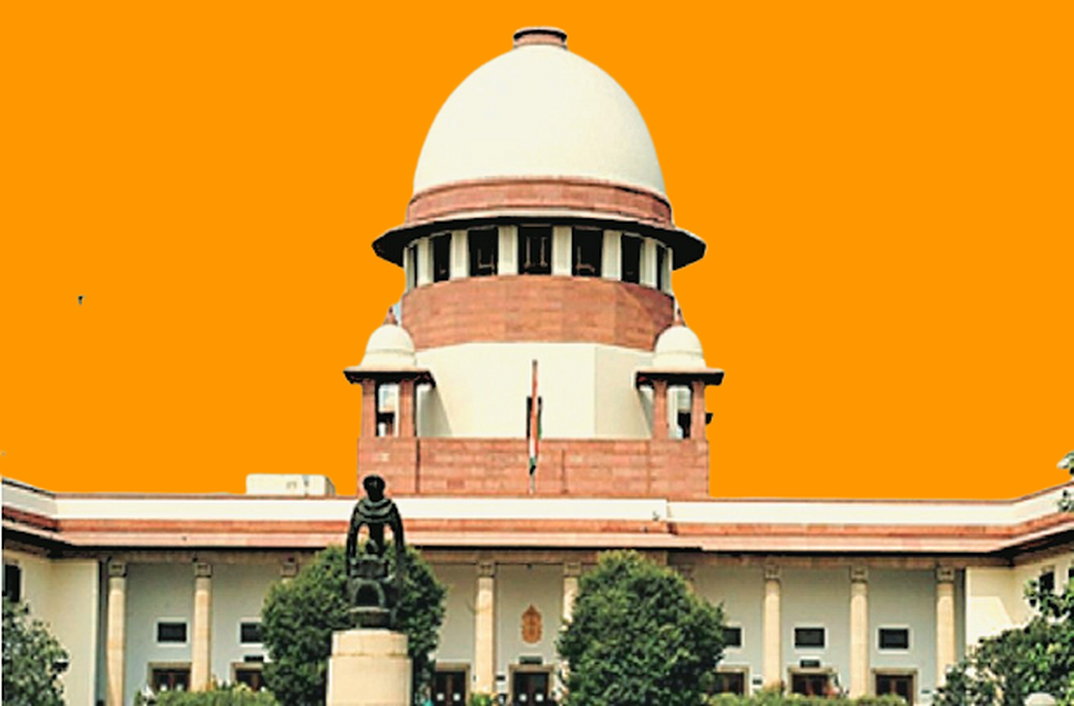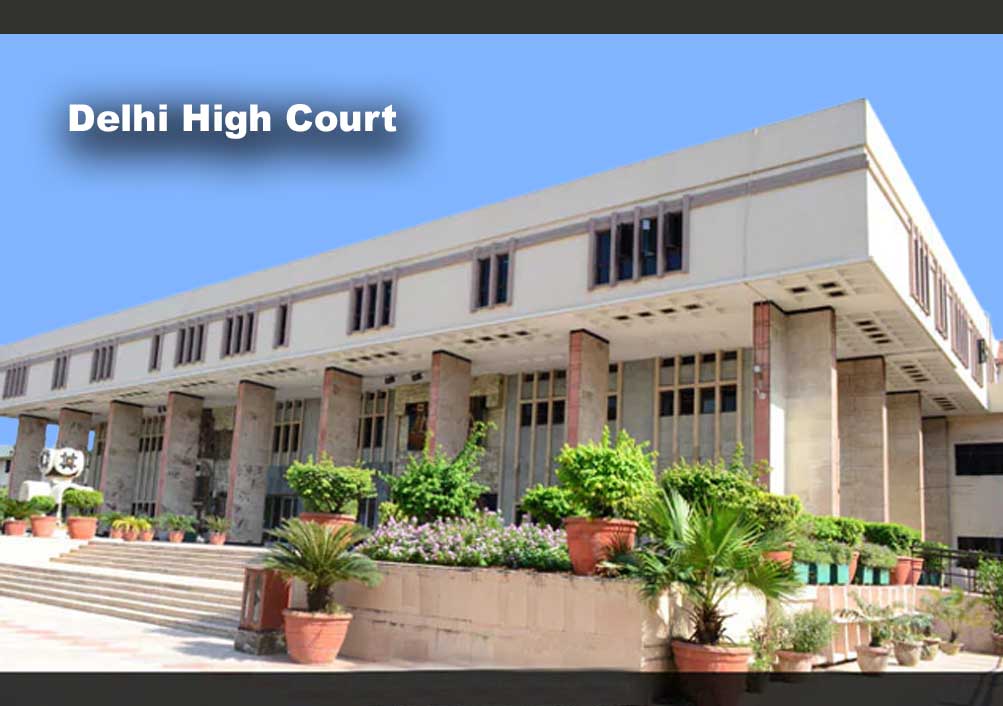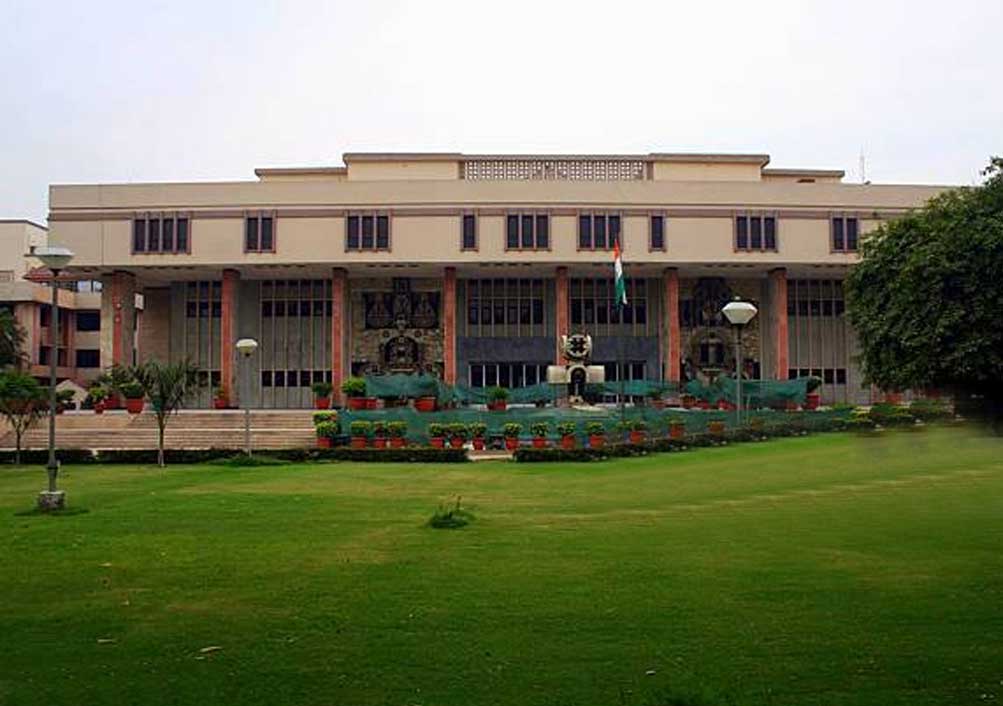Extra judicial confession is a weak piece of evidence, may be used as corroborative piece of evidence in tandem with substantive evidence: Apex Court acquits man sentenced to life for murder
Justices B.R. Gavai & Sandeep Mehta [16-04-2024]

Read Order: DHARAMBIR @ DHARMA v. STATE OF HARYANA [SC- CRIMINAL APPEAL NO. 1858 OF 2009]
Tulip Kanth
New Delhi, April 17, 2024: In a murder case where the star prosecution witnesses fell within the category of wholly unreliable witnesses and the prosecution failed to establish the guilt of the accused beyond reasonable doubt, the Supreme Court has acquitted the appellant-convict sentenced to life.
The prosecution case was that on June 5,1998, at around 08:30 a.m., deceased Karambir, his brother Krishan Kumar (PW-5), Ravinder (PW-6) and Mahender (PW-7) along with two acquaintances (Mahender and Suresh) had gone to Prabhat Cinema, Bhiwani. At about 11:30 a.m., the accused appellant who was also present there, thrust a knife in the chest of Karambir causing his instantaneous death and escaped leaving the knife behind. The motive attributed to the accused appellant for committing the offence was that he bore a suspicion in his mind that deceased Karambir was involved in illicit relations with his wife.
Rohtas Singh (PW-11) posted as Inspector/SHO received a telephonic message from Raj Kumar (PW-9), Manager of Prabhat Cinema, regarding the incident and acting in furtherance thereof, he along with other police personnel reached the place of occurrence and recorded the statement of first informant-Krishan Kumar which led to the registration of FIR under Section 302 IPC.
The Sessions Judge convicted the appellant for the offence punishable under Section 302 of the Indian Penal Code, 1860 (IPC) and by an order of sentencing awarded sentence of life imprisonment and fine of Rs 500 in default of payment of fine, to further undergo rigorous imprisonment of six months to the appellant.
The appellant challenged the said judgment by filing Criminal Appeal in the Punjab and Haryana High Court of at Chandigarh. The Division Bench rejected the appeal and affirmed the judgment and order of conviction and sentence passed by the trial Court.
There was no dispute on the aspect that the death of Karambir was homicidal as proved by the Medical Jurist in his testimony. The core issue, which required consideration was whether the testimonies of the two star prosecution witnesses, namely, Krishan Kumar (PW-5) and Ram Kumar (PW- 8) was reliable enough so as to affirm the guilt of the accused.
The Bench was of the opinion that the witness-Krishan Kumar (PW- 5) could not have decided at the first blush that his brother had expired as a result of the knife blow. The natural reaction expected from a brother in such a situation would have been to take immediate steps for taking the victim to the hospital so as to save his life. However, Krishan Kumar (PW-5) did not make any such attempt. “In this background, we are of the view that the very presence of Krishan Kumar (PW-5) at the crime scene is doubtful and his testimony is not trustworthy”, the Bench added.
Another significant contradiction regarding the sequence of events was noticeable in the evidence of Krishan Kumar (PW-5). In his statement based on which FIR was lodged, he narrated that he saw that the accused was missing from the seat but in the sworn testimony as PW-5, he tried to improve the version and stated that he saw the accused while he was fleeing away. This improvement made by the witness-Krishan Kumar (PW-5) again created a doubt on his presence at Prabhat Cinema at the time of the incident. The Bench felt that that it would not be safe to place reliance on the evidence of Krishan Kumar (PW-5) as he clearly fell within the category of a wholly unreliable witness.
Ram Kumar (PW-8) stated that he and Piare Lal (DW-1) were sitting at his house on June 7, 1998 and the accused appellant approached them and confessed that he had killed his father’s elder brother’s son Karambir at Prabhat Cinema. Ram Kumar (PW-8) also stated that he and Piare Lal took the accused to Bhiwani and produced him before the police.
However, Piare Lal was not examined by the prosecution and rather he was examined in defence. In his testimony, Piare Lal (DW-1) emphatically denied that any extra judicial confession was made by the accused in the presence of Ram Kumar (PW-8). Thus, the evidence of Ram Kumar (PW-8) regarding the extra judicial confession made by the accused was contradicted by the evidence of Piare Lal (DW-1).
“Even otherwise, extra judicial confession by its very nature is a weak piece of evidence. It may be used as a corroborative piece of evidence in tandem with substantive evidence”, the Bench opined.
The Top Court was convinced that both the star prosecution witnesses i.e. Krishan Kumar (PW-5) and Ram Kumar (PW-8) fell within the category of wholly unreliable witnesses and thus, it would be unsafe to place reliance on their evidence so as to affirm the guilt of the accused appellant. No other evidence was led by the prosecution for bringing home the charge.
Thus, allowing the appeal and setting aside the impugned judgments, the Bench acquitted the appellant of the charge.
Sign up for our weekly newsletter to stay up to date on our product, events featured blog, special offer and all of the exciting things that take place here at Legitquest.




Add a Comment